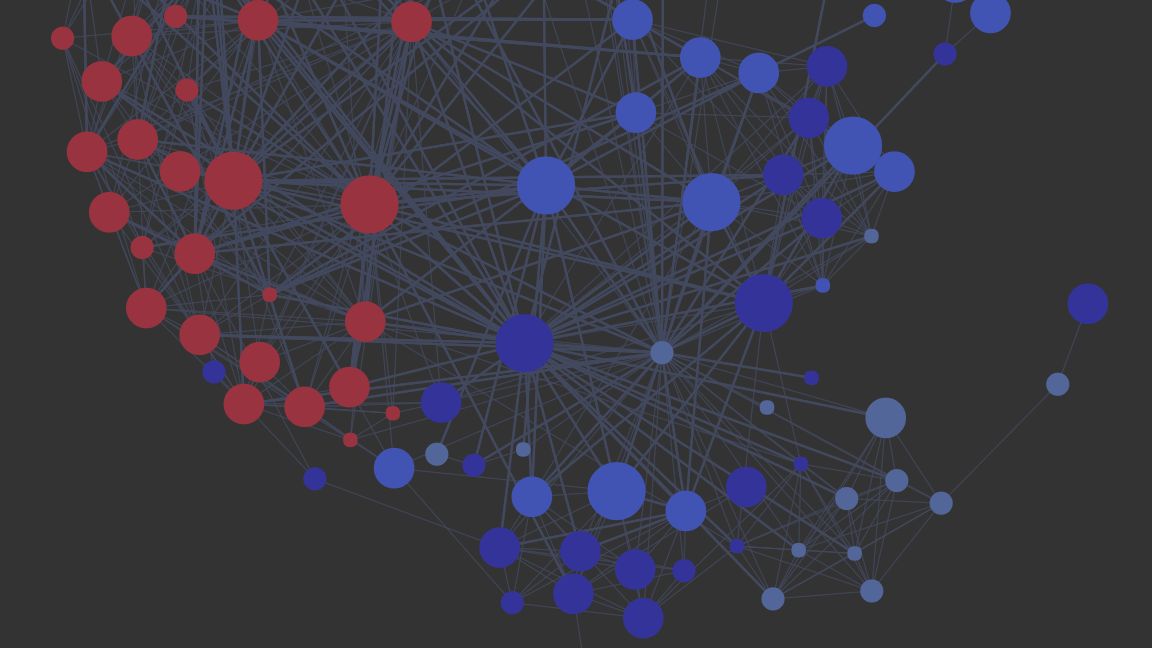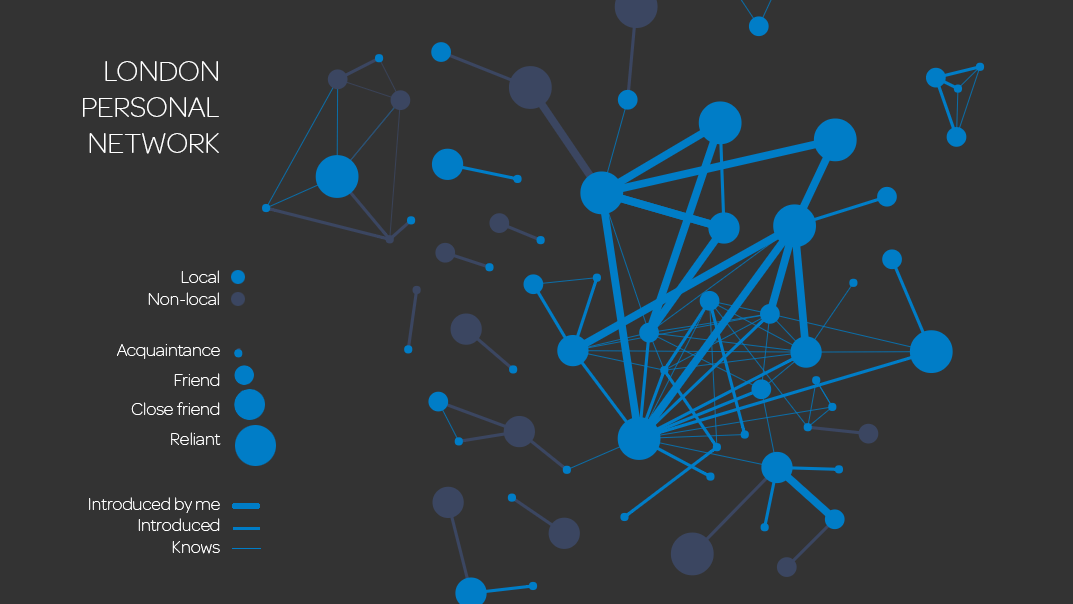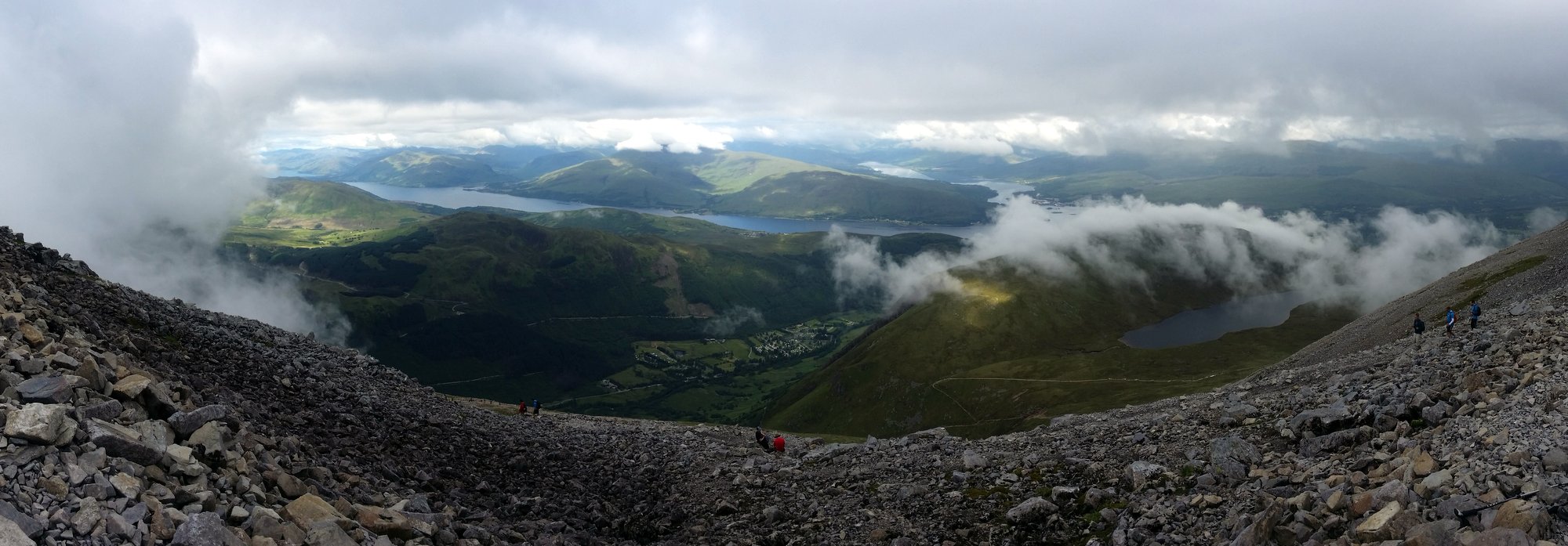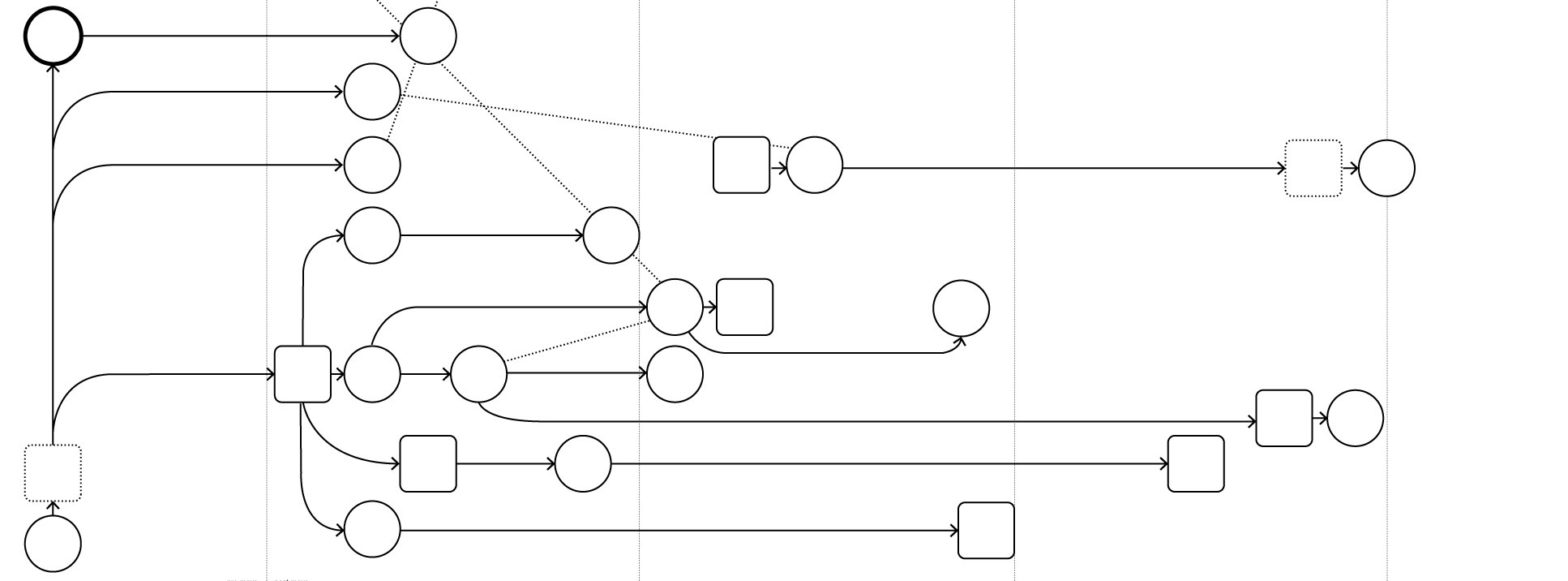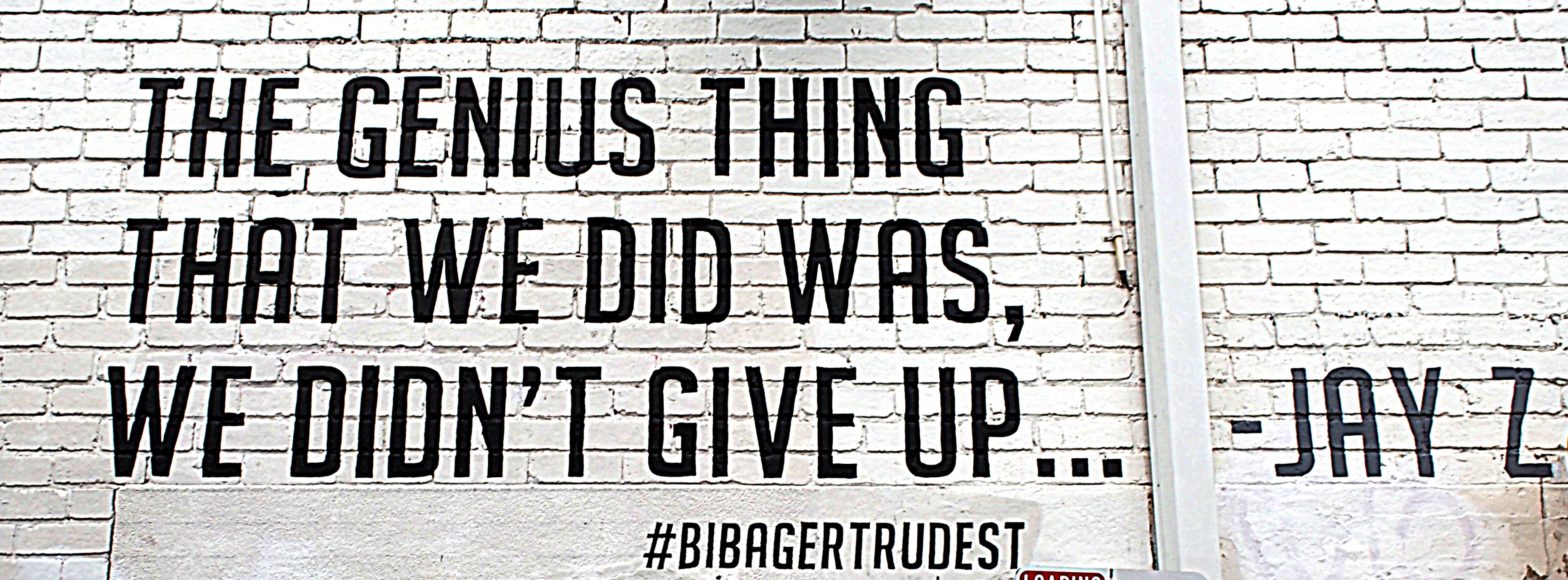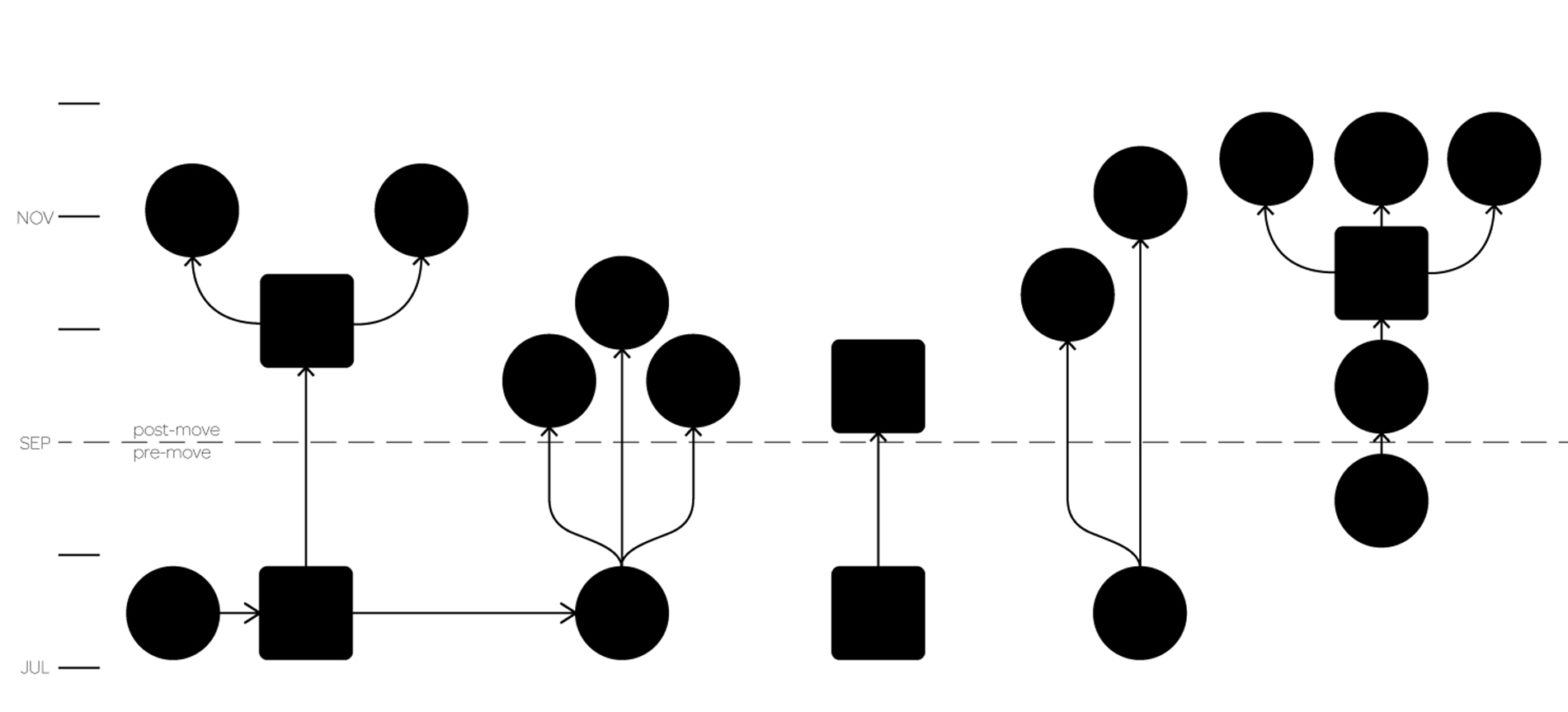Honeycomb hexayurt
The first time I went to Burning Man, my experience was made much more comfortable by fellow campers who had prepared temporary shelters and offered me a spare. Insulation from cold, reflection of sun, firm walls, and being able to stand up removed many of the common irritations of camping. When our group began planning for this year’s trip to the Burn, I wanted to give them the same level of comfort. I set out to design a structure that would provide all of those benefits and some privacy, while minimising the amount of construction materials we’d have to buy and transport.The design I arrived at is based on the 6′ hexayurt, one of the many designs by Vinay Gupta. In order to reduce the amount of building materials required, I arranged them in a honeycomb layout. This saved us 4 sheets of 4’x8′ insulating foam and about a roll of filament tape. It could easily be expanded to incorporate more hexayurts, seemingly indefinitely (though it does make sealing much more difficult). Here’s the recipe.Preparation materials: …


